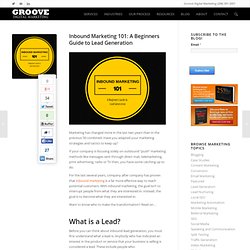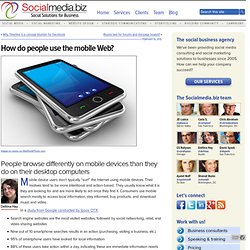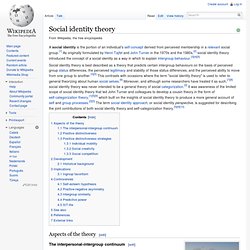

A Beginners Guide to Inbound Lead Generation. Marketing has changed more in the last two years than in the previous 50 combined.

Have you adapted your marketing strategies and tactics to keep up? If your company is focusing solely on outbound “push” marketing methods like messages sent through direct mail, telemarketing, print advertising, radio or TV then, you have some catching up to do. For the last several years, company after company has proven that inbound marketing is a far more effective way to reach potential customers. With inbound marketing, the goal isn’t to interrupt people from what they are interested in. Instead, the goal is to become what they are interested in. Want to know who to make the transformation? What is a Lead? Before you can think about inbound lead generation, you must first understand what a lead is. Call you for information.Respond to a survey.Visit your store.Submit their information on your lead capture form.
The Benefits of Inbound Lead Generation. The Automatic Customer: How to Design User Behavior. Bio Nir Eyal Nir Eyal is an entrepreneur who has sold two technology companies since 2003.

For most of his career, Nir has worked in the video gaming and advertising industries where he learned, applied, and at times rejected, the techniques used to motivate and manipulate users. Nir writes to help companies create behaviors that benefit their users, while educating people on how to build healthful habits in their own lives. He is a contributing writer for TechCrunch and Forbes and a frequent speaker at industry conferences, universities, and Fortune 500 companies. To download this program become a Front Row member. ZOOM IN: Learn more with related books and additional materials.
For related Britannica content, please search on Britannica's Web site, at www.britannica.com. If consumers are close to fitness goals, do they prefer a larger or limited variety of products? How do people use the mobile Web? Image by rzymu on BigStockPhoto.com People browse differently on mobile devices than they do on their desktop computers Mobile device users don’t typically “surf” the Internet using mobile devices.

Their motives tend to be more intentional and action-based. They usually know what it is they are looking for and are more likely to act once they find it. Consumers use mobile search mostly to access local information, stay informed, buy products, and download music and video. In a study from Google conducted by Ipsos OTX: Take these facts into consideration when creating your mobile website.
It is important that your site is properly optimized for mobile devices. This excerpt was paraphrased from The Boostrapper’s Guide to the Mobile Web by Deltina Hay. Social identity theory. A social identity is the portion of an individual's self-concept derived from perceived membership in a relevant social group.[1] As originally formulated by Henri Tajfel and John Turner in the 1970s and the 1980s,[2] social identity theory introduced the concept of a social identity as a way in which to explain intergroup behaviour.[3][4][5] Aspects of the theory[edit] Henri Tajfel suggests that soldiers of opposing armies, fighting outside of view, is an illustrative example of behaviour at the extreme intergroup end of the intergroup-interpersonal continuum.[11] The interpersonal-intergroup continuum[edit] The authors of social identity theory state that purely interpersonal or purely intergroup behaviour is unlikely to be found in realistic social situations.

Positive distinctiveness[edit] A key assumption in social identity theory is that individuals are intrinsically motivated to achieve positive distinctiveness. Positive distinctiveness strategies[edit] Individual mobility[edit] What Identities Are We Using Around the Web? [INFOGRAPHIC] You Are Not So Smart. The Misconception: You do nice things for the people you like and bad things to the people you hate.

The Truth: You grow to like people for whom you do nice things and hate people you harm. Benjamin Franklin knew how to deal with haters. Born in 1706 as the eighth of 17 children to a Massachusetts soap and candlestick maker, the chances Benjamin would go on to become a gentleman, scholar, scientist, statesman, musician, author, publisher and all-around general bad-ass were astronomically low, yet he did just that and more because he was a master of the game of personal politics. Like many people full of drive and intelligence born into a low station, Franklin developed strong people skills and social powers. All else denied, the analytical mind will pick apart behavior, and Franklin became adroit at human relations. Franklin’s prospects were dim. At 17, Franklin left Boston and started his own printing business In Philadelphia. What exactly happened here? Let’s start with your attitudes.
Marketing to Millennials.